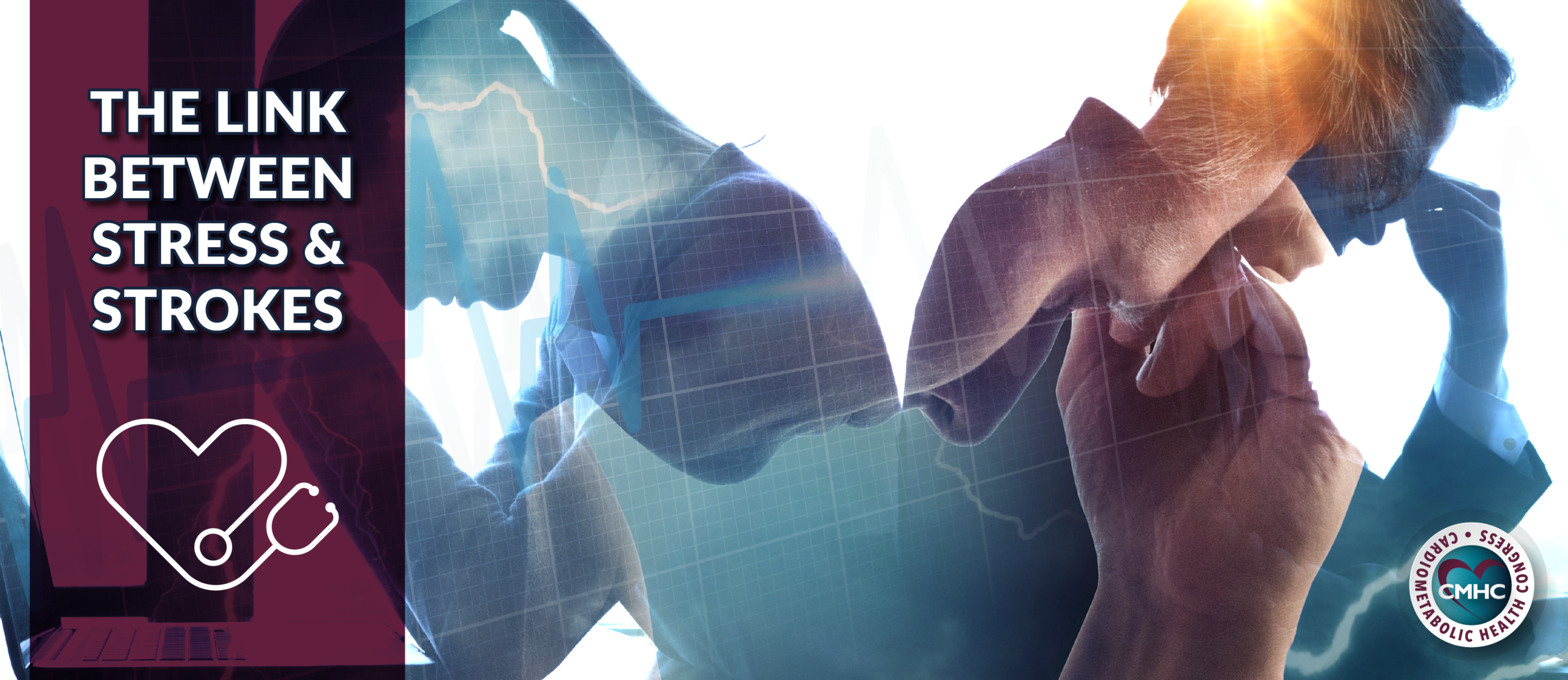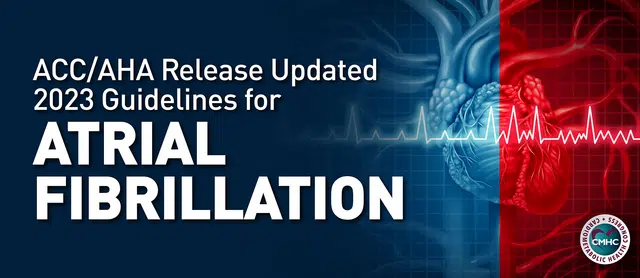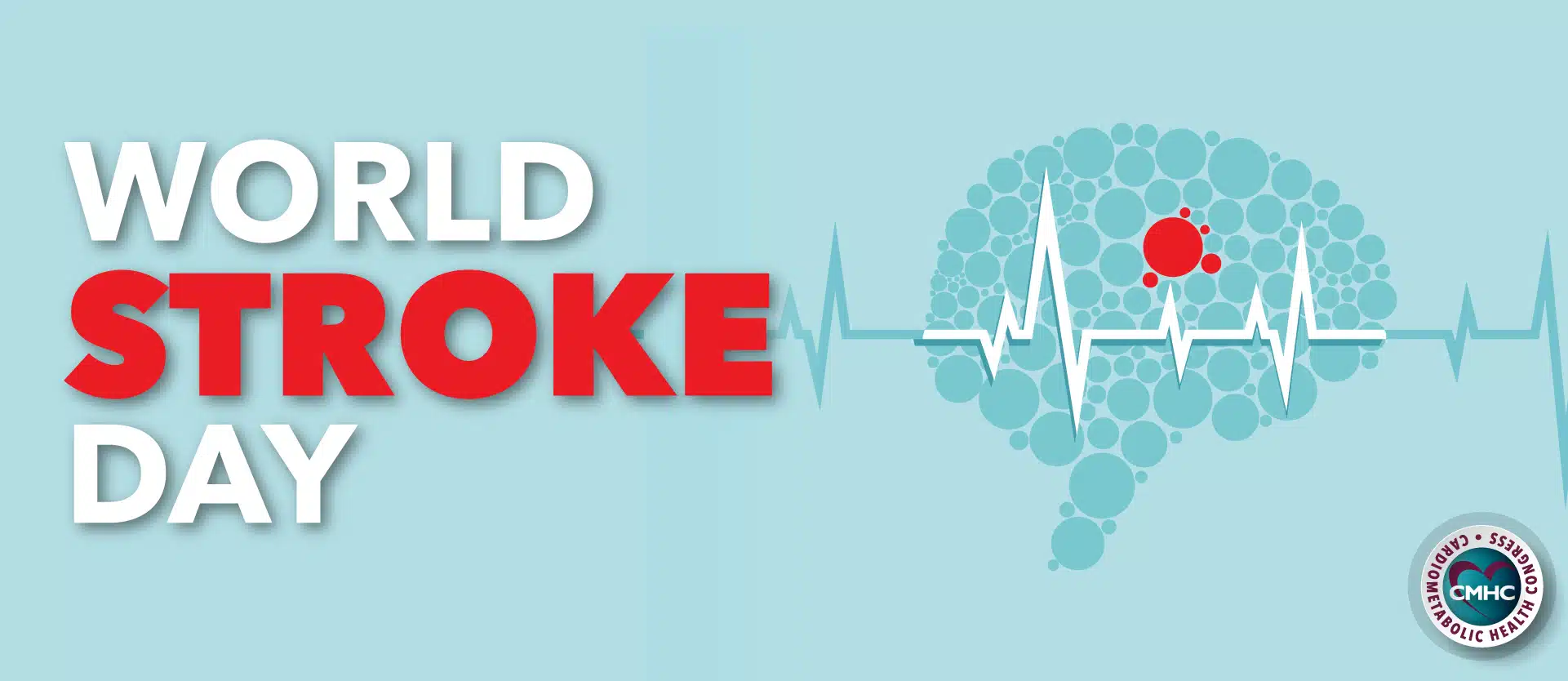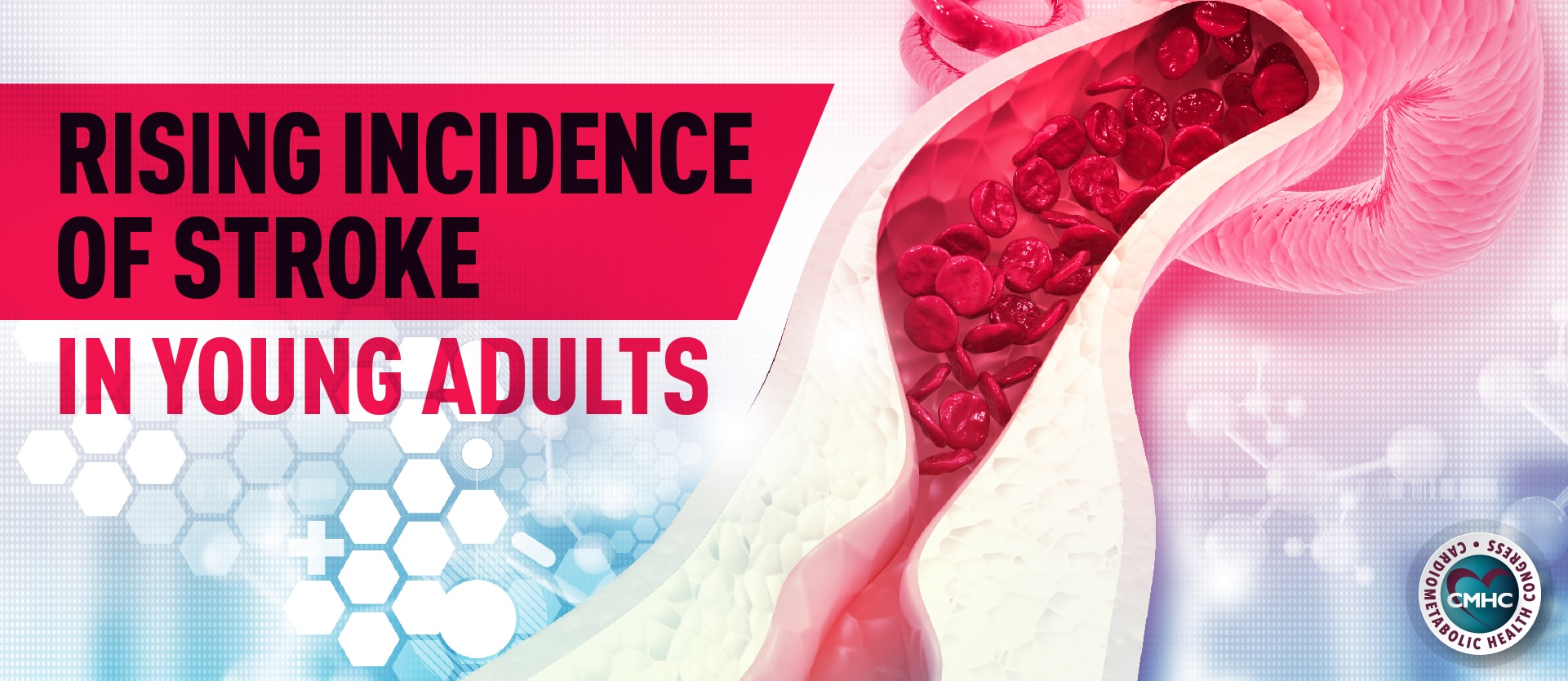Clinical data has established a connection between stress and cardiovascular disease, identifying chronic stress as a risk factor for acute cardiovascular syndromes, which could potentially be included in risk assessments of cardiovascular disease in daily clinical practice: particularly given the increasing number of individuals with chronic stress.
An important study utilizing brain scans previously demonstrated the link between stress and heart attacks or strokes, confirming that people who have increased activity in their amygdala—often termed the ‘fear center’ of the brain—are at higher risks for cardiovascular disease. While stress can activate the amygdala, leading to extra immune cell production by the bone marrow, the arteries may become inflamed, leading to cardiovascular disease.
The study tracked the health of 293 adults for two to five years, during which 22 patients experienced a cardiovascular disease event, such as a stroke, heart attack, or coronary heart failure. Researchers found that those people with more active amygdalas were more likely to have a critically serious heart event over the next few years; additionally, they had more inflammation in their arteries, which ultimately leads to heart disease, and bone marrow activity that may be linked with blood clots.
The link was strong, even when taking into account additional factors like smoking, lipids, diabetes, and hypertension. The subjects with higher activity in the amygdala developed heart attacks and strokes sooner than those who showed lower activity. The sub-study from Mount Sinai demonstrated that the subjects’ psychosocial stress level – assessed using a stress questionnaire – went hand-in-hand with amygdalar activity: measured with imaging.
The leader of the team, Dr. Ahmed Tawakol of Massachusetts General Hospital and Harvard Medical School, expressed that chronic stress could eventually be treated as an important risk factor for cardiovascular disease. The study also provides new insights into how to reduce stress-related cardiovascular diseases, which involve the heart or blood vessels, and are the leading cause of death and women around the world—according to the World Health Organization.
In the United States, more than one in three adults has at least one type of cardiovascular disease, and heart disease has been confirmed as the leading cause of death in the country. While smaller stress reduction studies have been promising, large trials are still needed to confirm that treating stress actually reduces heart attacks. In the meantime, it is reasonable to recommend stress reduction techniques to patients with higher stress levels, and an increased risk of heart disease. Controlling stress should be part of the dialogue between patient and physician, in addition to diet and exercise: when discussing strategies to combat cardiovascular disease.


















